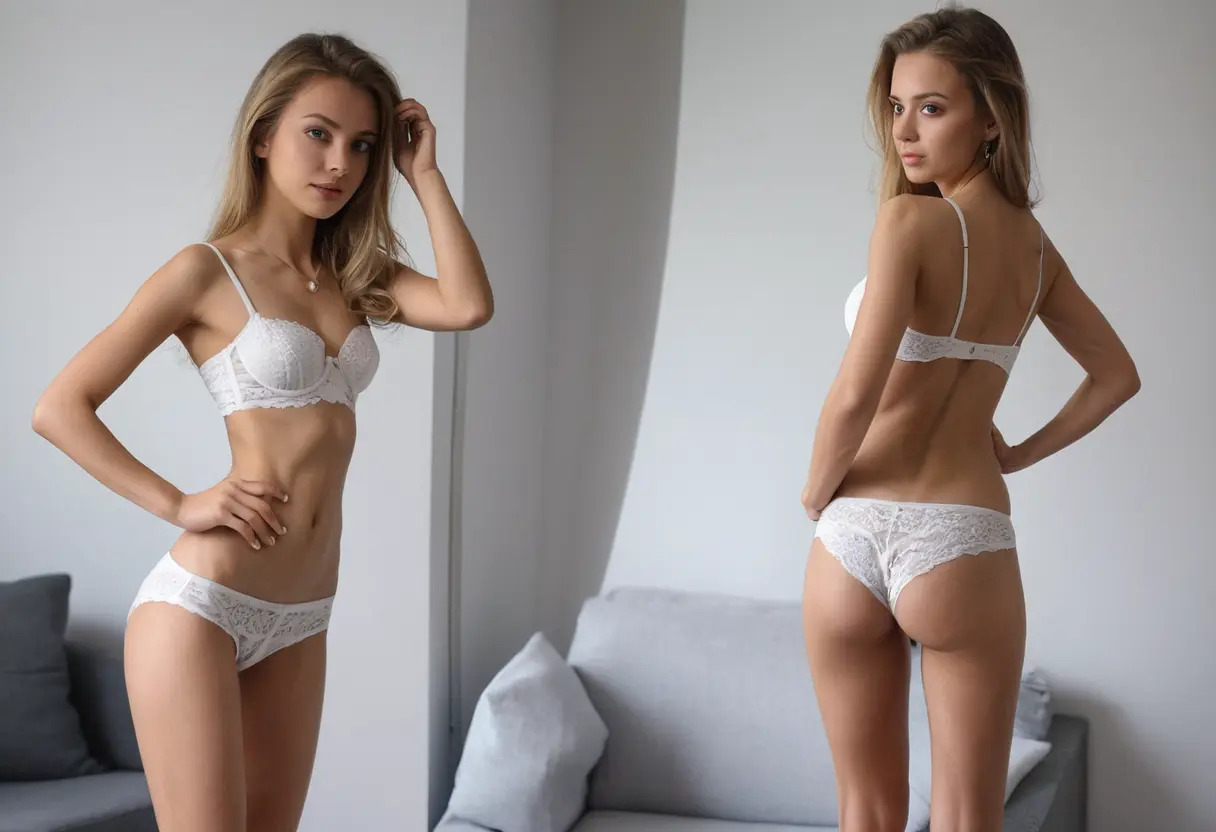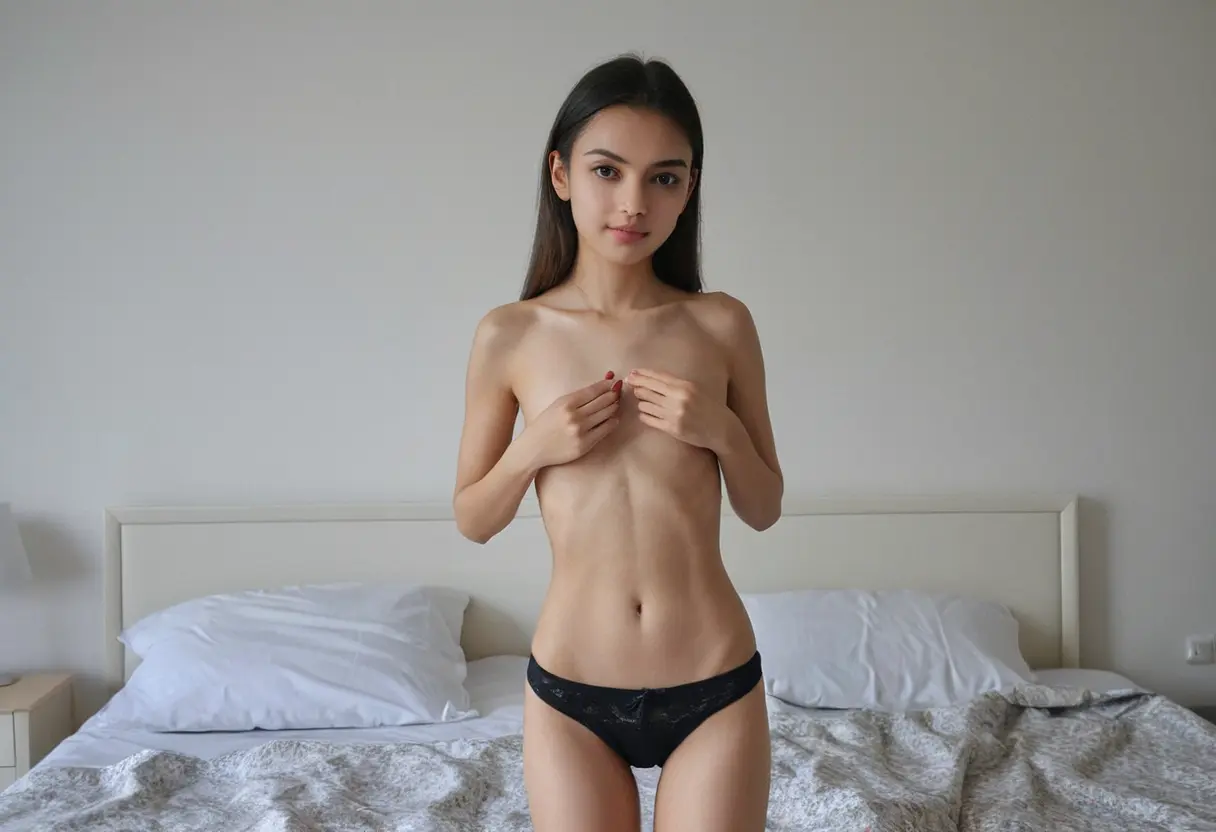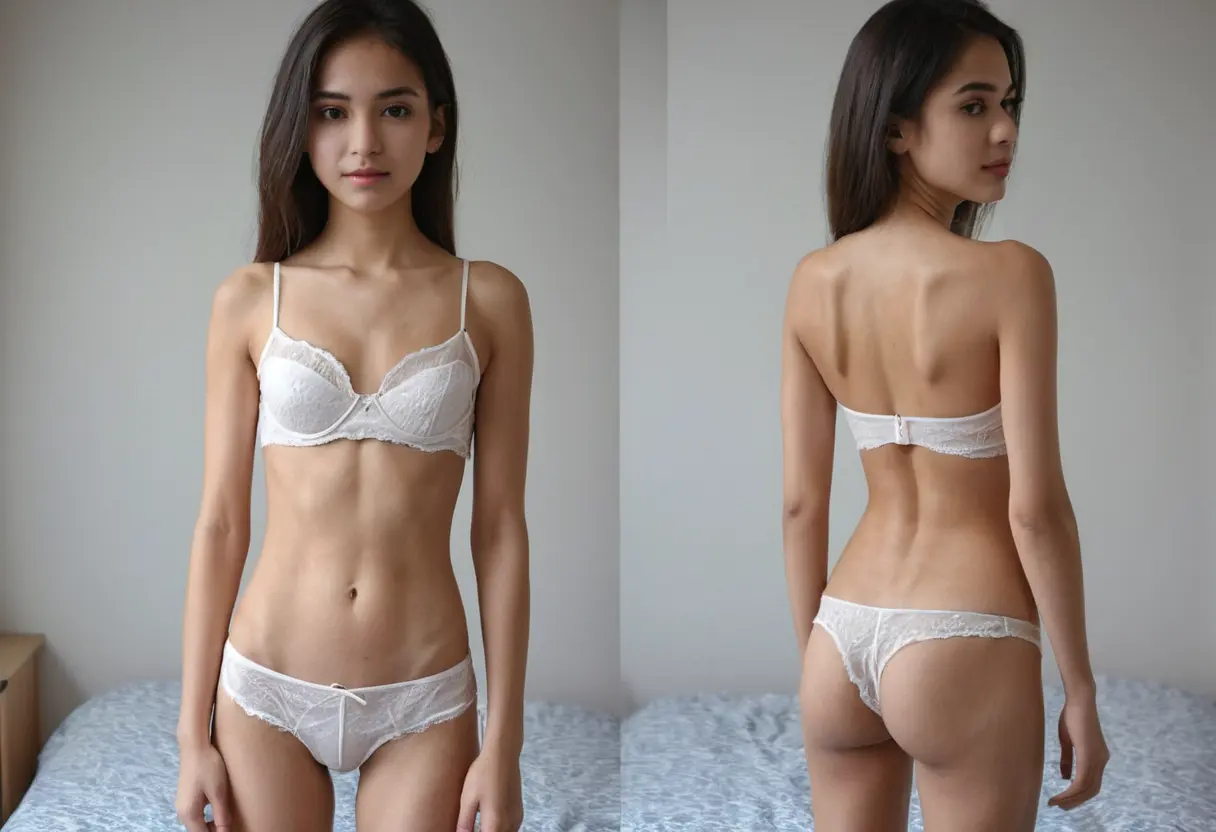ai photo editor undress
2024-11-06 00:25:52 Source:is undress ai legal Classification:VIP Guide
Overview of AI Photo Editors for Undressing Images
In the digital age, AI photo editors have revolutionized the way we manipulate and enhance images. One of the intriguing applications of this technology is the ability to "undress" images, allowing users to create artistic renditions and explore creative possibilities. This article delves into the various features, benefits, and ethical considerations surrounding AI photo editors that focus on undressing images. We will explore how these tools work, their applications in different fields, and the future of AI in photo editing.
How AI Photo Editors Work
AI photo editors utilize advanced algorithms and machine learning techniques to analyze images and make adjustments. The process of undressing an image typically involves:

- Image Segmentation: The software identifies different elements within an image, such as clothing and background.
- Feature Recognition: AI recognizes patterns and textures associated with garments, which enables it to separate clothing from the subject.
- Generative Adversarial Networks (GANs): These are used to generate realistic-looking images by predicting what an undressed subject would look like.
These technologies work together to create a seamless and realistic output, transforming the original image into a new version with modified clothing or the illusion of nudity.

Applications of AI Photo Editors in Undressing
The application of AI photo editors goes beyond mere curiosity. Various fields utilize these technologies for different purposes:

- Fashion Industry: Designers and marketers can use AI photo editing to visualize clothing designs on models without physical prototypes.
- Entertainment: Film and television can employ these tools for special effects, creating realistic transformations for characters.
- Art and Creativity: Artists can explore new creative avenues, using AI to reinterpret classic artworks or create unique pieces.
- Education: In photography and art schools, these tools can help students understand body representation and undress aiaesthetics.
Benefits of Using AI Photo Editors for Undressing
Utilizing AI photo editors for undressing images offers numerous advantages:
- Time Efficiency: Traditional editing methods can be labor-intensive. AI can significantly speed up the process.
- Enhanced Creativity: Artists can push boundaries and explore concepts they might not have considered otherwise.
- Accessibility: These tools democratize image editing, making advanced editing capabilities available to non-professionals.
By simplifying complex tasks, AI photo editors empower users to engage with their creativity more freely.
Ethical Considerations in Undressing Images
While the capabilities of AI photo editors are impressive, they also raise important ethical questions:
- Consent: Modifying images of individuals without their permission can infringe on personal rights.
- Misrepresentation: AI-generated images may contribute to unrealistic body standards or distorted perceptions of reality.
- Legal Implications: The use of undressing technology can lead to legal issues, especially regarding copyright and privacy laws.
It is crucial for users and developers to navigate these ethical dilemmas carefully, ensuring responsible use of AI technology.
The Future of AI in Photo Editing
As AI technology continues to evolve, the future of photo editing looks promising. We can expect:
- Improved Accuracy: Advances in AI algorithms will lead to even more realistic and nuanced results.
- Broader Accessibility: More user-friendly interfaces will make these tools accessible to a wider audience.
- Integration with Other Technologies: AI photo editors may integrate with virtual and augmented reality applications, opening new creative possibilities.
These advancements will not only enhance the user experience but also redefine how we interact with digital images.
Conclusion
AI photo editors specializing in undressing images represent a fascinating intersection of technology and creativity. While they offer remarkable capabilities for artists, designers, and casual users alike, it is essential to approach their use with a strong ethical framework. As technology advances, understanding the implications and responsibilities of using such tools will be crucial in shaping a future where creativity and ethics coexist harmoniously. Embracing these advancements while maintaining respect for individuals and their rights will define the landscape of digital image editing for years to come.


